Paradise Won't Protect Itself
corona & parley
corona & parley
Be curious. Look beneath the surface. Marvel at the intricate details of our natural world. Now more than ever, the simplicity of getting outside and experiencing the natural world is something so important to us all. It's those freedoms and connections to life makes us realise what it truly means to be alive. And it forces us to comprehend the impact we as humans are having on the world around us.
We're all motivated to make a difference once we've had a meaningful, real-life experience - on a personal level or something much bigger. We must realise that everything is connected, and reconnecting with our essential nature is the first step to creating change.
The Great Barrier Reef is the world's most extensive coral reef ecosystem. Stretching over 2,600km, the reef is made up of over 900 islands and 2,900 individual reefs. It is one of a few living structures visible from space and from above, its diversity of life and colour is incredible. But beneath the surface, the reef is highly vulnerable. A range of environmental impacts over the past three decades has caused the Great Barrier Reef to lose over half of its coral cover, beyond the point for the natural cycle to repair itself. Fortunately, innovative and creative human intervention is here to ensure the reef's survival into the future.
Earlier in 2020, we spent a week with Marine Biologist Johnny Gaskell, who leads a team pioneering a Reef Restoration Program in the Whitsundays Region - a mountainous archipelago made up of 74 mostly uninhabited islands inside the Great Barrier Reef.
Alongside Australian Marine Biologist Laura Wells and South African Surfer Frank Soloman, we explored the mind-blowing beauty of the Whitsundays and learnt of the challenges this region faces. Johnny is a big advocate for people learning first hand and encouraging everyone to jump in the water and make up their own minds. It's the curiosity that gets people invested and motivates them to be apart of reef protection. The Great Barrier Reef is one of the most spectacular living networks on earth. Seeing it for yourself will leave you speechless. Learning and understanding of its connectedness is the number one driver for innovative and creative change.
We're all motivated to make a difference once we've had a meaningful, real-life experience - on a personal level or something much bigger. We must realise that everything is connected, and reconnecting with our essential nature is the first step to creating change.
The Great Barrier Reef is the world's most extensive coral reef ecosystem. Stretching over 2,600km, the reef is made up of over 900 islands and 2,900 individual reefs. It is one of a few living structures visible from space and from above, its diversity of life and colour is incredible. But beneath the surface, the reef is highly vulnerable. A range of environmental impacts over the past three decades has caused the Great Barrier Reef to lose over half of its coral cover, beyond the point for the natural cycle to repair itself. Fortunately, innovative and creative human intervention is here to ensure the reef's survival into the future.
Earlier in 2020, we spent a week with Marine Biologist Johnny Gaskell, who leads a team pioneering a Reef Restoration Program in the Whitsundays Region - a mountainous archipelago made up of 74 mostly uninhabited islands inside the Great Barrier Reef.
Alongside Australian Marine Biologist Laura Wells and South African Surfer Frank Soloman, we explored the mind-blowing beauty of the Whitsundays and learnt of the challenges this region faces. Johnny is a big advocate for people learning first hand and encouraging everyone to jump in the water and make up their own minds. It's the curiosity that gets people invested and motivates them to be apart of reef protection. The Great Barrier Reef is one of the most spectacular living networks on earth. Seeing it for yourself will leave you speechless. Learning and understanding of its connectedness is the number one driver for innovative and creative change.
Director / Producer: Jam Hassan
DP: Andy Gough
AC / Drone Op / Human Weight Belt: Charlie Slessar
Sound Recordist / Sound Mix / Design: Brendan Muller
Project Director: Kieran Burke
Editor: Braden Trotter
Project Director: Kieran Burke
Creative Director: Matt Pike
Project Manager: Cory Roberts
Colourist: Fergus Rotherham
Production Coordinator: Tom Cole
Designer: Jye Kwong
Boat: Ocean Rafting, Airlie Beach
Special thanks to Steph the team at Hamilton Island for making everything run super smooth for us.
DP: Andy Gough
AC / Drone Op / Human Weight Belt: Charlie Slessar
Sound Recordist / Sound Mix / Design: Brendan Muller
Project Director: Kieran Burke
Editor: Braden Trotter
Project Director: Kieran Burke
Creative Director: Matt Pike
Project Manager: Cory Roberts
Colourist: Fergus Rotherham
Production Coordinator: Tom Cole
Designer: Jye Kwong
Boat: Ocean Rafting, Airlie Beach
Special thanks to Steph the team at Hamilton Island for making everything run super smooth for us.
